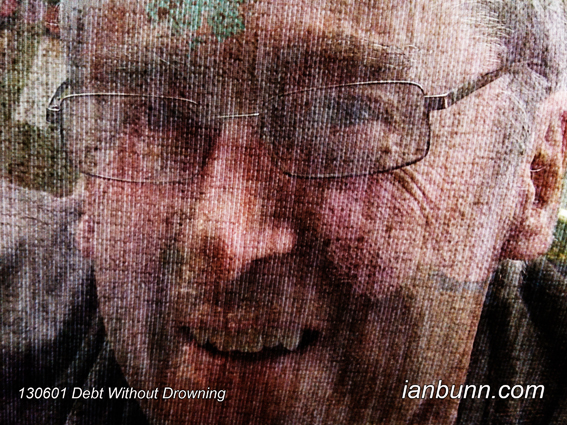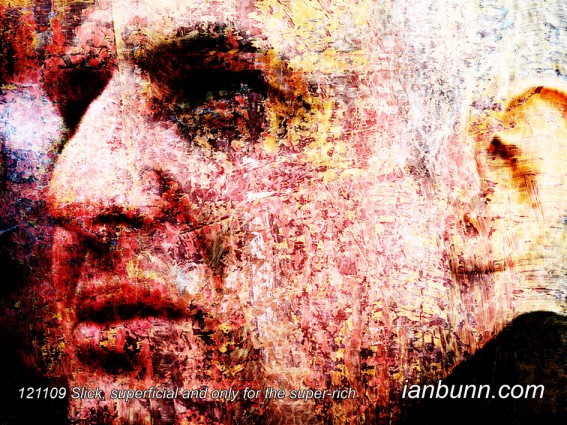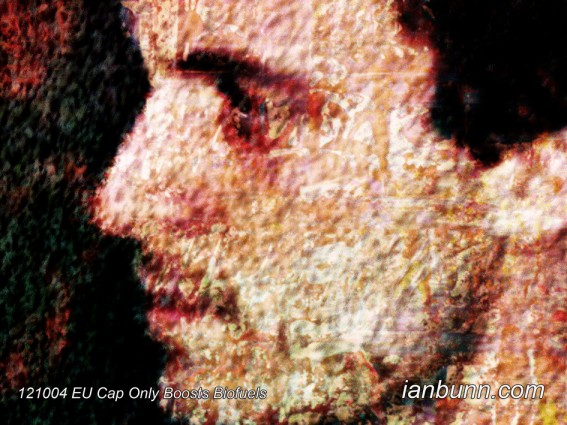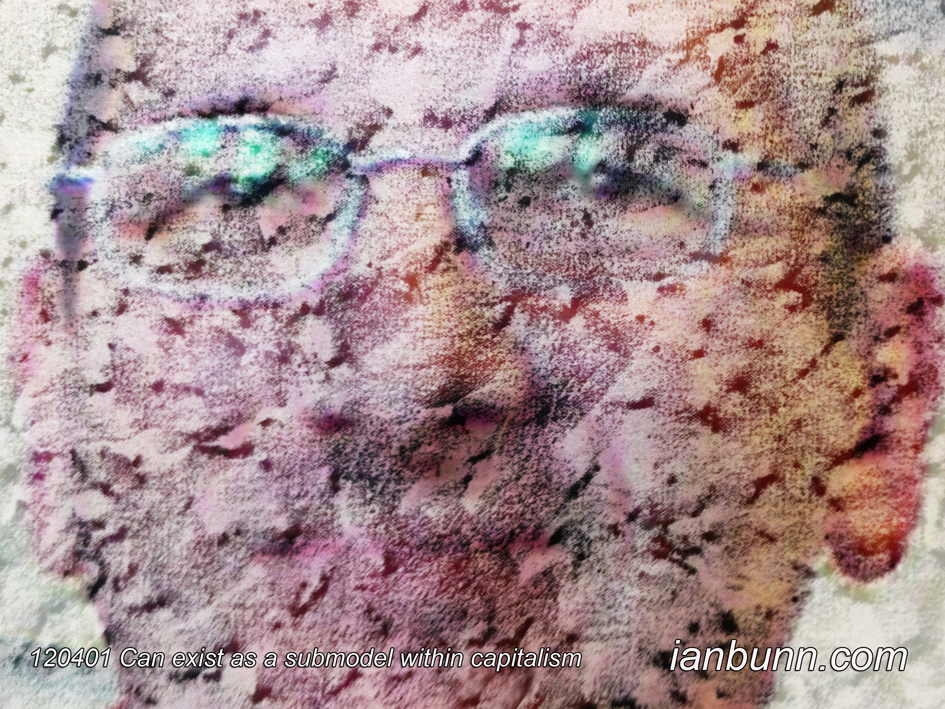 Debt Without Drowning (June 1 2013)
Debt Without Drowning (June 1 2013)
Paul De Grauwe the 66 year old Belgian Economist and Professor emeritus in European Political Economy, and former member of the Belgian Federal Parliament, has published an article on the Project Syndicate titled ‘Debt Without Drowning’. De Grauwe states “Since the 1970’s, economists have warned that a monetary union could not be sustained without a fiscal union. But the eurozone’s leaders have not heeded their advice – and the consequences are becoming increasingly apparent. Europe now faces a difficult choice: either fix this fundamental design flaw and move toward fiscal union, or abandon the common currency. Choosing the latter option would have devastating consequences. Indeed, while the desirability of establishing a monetary union may have been open to question in the 1990’s, dismantling the eurozone now would trigger profound economic, social, and political upheaval throughout Europe. To avoid this outcome, Europe’s leaders must begin designing and implementing strategies aimed at bringing the eurozone closer to a fiscal union. To be sure, a fiscal union such as that in the United States is a distant prospect that eurozone leaders should not expect to achieve any time soon – or even in their lifetimes. But that does not mean that establishing a fiscal union is a chimera. Small steps in the right direction now can make a significant difference. …the eurozone is gripped by an existential crisis that is slowly, but inexorably, destroying the monetary union’s very foundations. The only way to stem the erosion is to take determined action that convinces financial markets that the eurozone is here to stay. A debt-pooling scheme that satisfies the requirements outlined here would signal that the eurozone member countries are serious about sticking together. Without this gesture, further market turmoil is inevitable – and the eurozone’s collapse will become only a matter of time.”
Inspired by Paul De Grauwe, Project Syndicate ow.ly/l2YzK Image source kuleuven ow.ly/l2YmE
![Mehdi-Georges Lahlou the 29 year old French-Moroccan artist based in Brussels drawing on the history of performance and installation-art, and incorporating references to Belgian Surrealism in his works. Born to a Christian mother and Muslim father, the theme of crossing boundaries set by culture, religion and gender is present in all of his installations and performances. Lahlou is the subject of an article by Nicolai Hartvig published on Blouin Artinfo titled ‘Mehdi-Georges Lahlou Dons Heels to Stir Religious Debate’. Hartvig states “…[his] works hit on several sensitive issues in Muslim culture: the prohibition on modifying one’s body, nudity, sexuality, and improper use of the Koran and religious objects. …With his loose combination of religious iconography and incongruous objects, the ambiguous humor in Lahlou’s work is often misunderstood. But his approach is never casual — rather it blurs the boundaries between personal commentary on his subjects alongside artistic thought. “I’m not an activist shouting. I am truly respectful of religions and beliefs, except when they kill or hurt people,” Lahlou explains. “As a person, I have a political opinion, I take a position or I don’t. But in my work, I don’t want it to be like that. I want people to be in an awkward position and not know what’s happening, whether it’s humor or reality, true or false. I lean toward being stupid [in my work] because I don’t want to make people think that I am saying bad things. You can have criticisms, but that doesn’t mean that you’re against something. You can have fun with everything — but can you really have fun with everything?” …Lahlou plans to reduce his physical presence in his work. “There is the fear of repeating myself, even if everything I do is different. Since I am the basis of my work — I’m often the model, even if I’m not there — I get a bit tired of myself. Today, I want to think more, to be a bit less present,” he says. “But I think that I will still have things to say for 30 more years.” Inspired by Nicolai Hartvig ow.ly/gpOAu image source Twitter ow.ly/gpOzv](http://www.ianbunn.com/wp-content/uploads/2013/01/130103dcU60.jpg)


